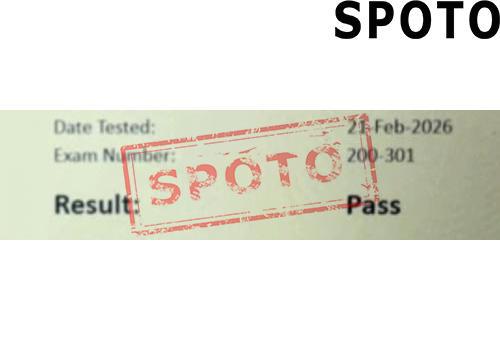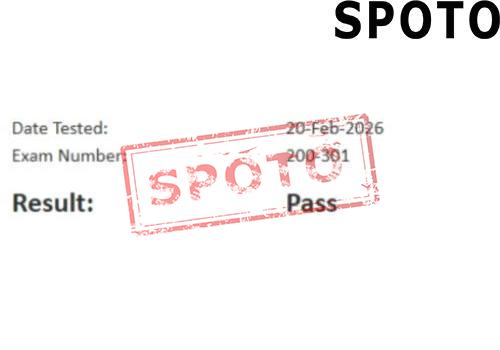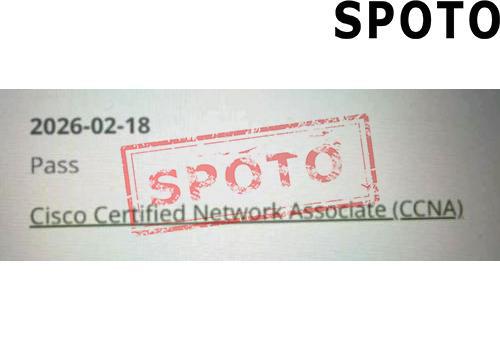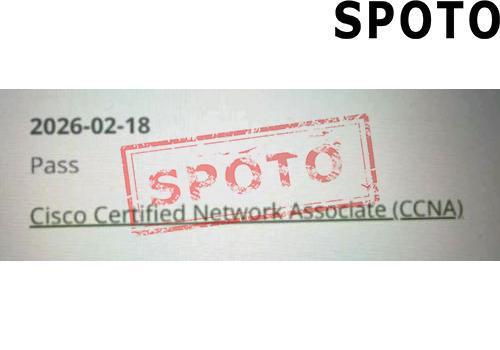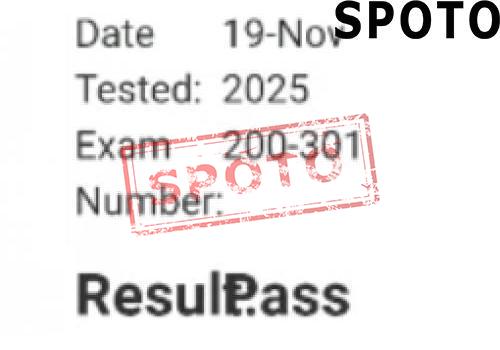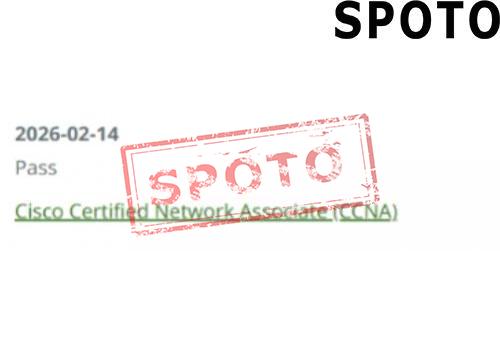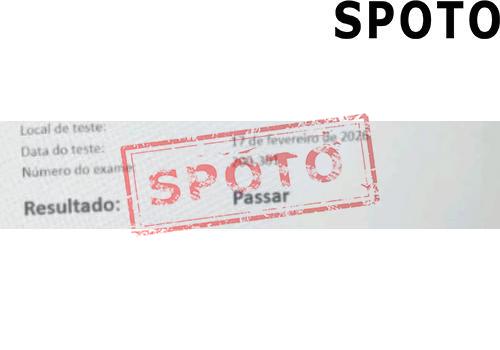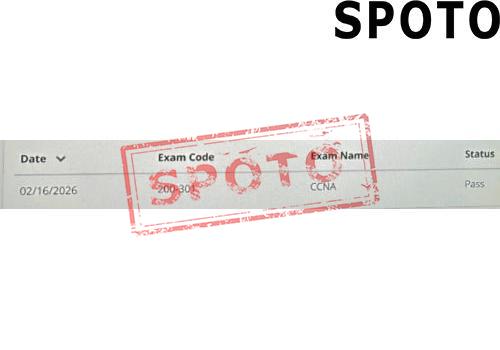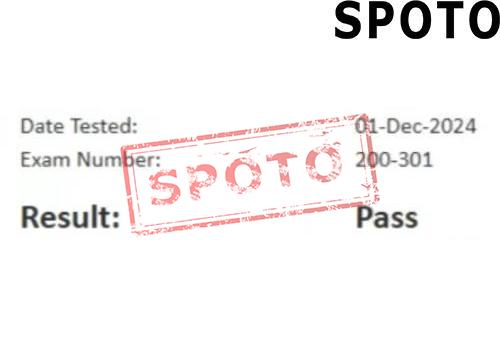.png)
Table of Contents
Cisco's associate-level networking certification is the CCNA. You must pass a Cisco-created proctored test to become a CCNA, which verifies that you are familiar with the fundamentals of network administration.
The CCNA certification has been in existence for some time. Before recently, we provided a variety of CCNAs, each of which had a particular network infrastructure specialty. However, we've now combined all those CCNAs into a single, fundamental certification that can be used as a stepping stone regardless of where you wish to specialize later on. The certification procedure is also made simpler with the new CCNA. There is only one test and one Cisco training course available to assist you in getting ready.
Understanding the Significance of CCNA:
The CCNA certification serves- as a foundation for networking careers and is regarded across industries. Whether you're an IT enthusiast looking to break into the field or a seasoned professional seeking to enhance your skills, CCNA training provides a solid understanding of networking concepts and technologies. Covering topics like routing and switching, network security, wireless networking, and network automation, the CCNA curriculum is designed to ensure that candidates have a holistic understanding of modern networking principles.
Curriculum Overview:
The CCNA curriculum encompasses various topics, catering to beginners and those with some networking experience. Here's a glimpse of what the training covers:
- Network Fundamentals:
- Routing and Switching:
- Network Security:
- Wireless Networking:
- Network Automation:
CCNA training begins with the basics, ensuring that candidates understand the fundamental building blocks of networks. Concepts such as the OSI model, TCP/IP, and network topologies lay the groundwork for more advanced topics.
An important portion of the training is dedicated to understanding how data packets are routed and switched across networks. Candidates delve into the world of routing protocols, subnetting, VLANs, and more.
In an age where data breaches are a concern, CCNA equips candidates with the knowledge of network security best practices. From firewalls to encryption, this module covers strategies to safeguard sensitive information.
With the proliferation of wireless devices, a -powerful grasp of wireless networking is crucial. CCNA covers topics like WLAN configuration, security, and troubleshooting in a wireless environment.
As networks grow in complexity, automation becomes essential for efficiency. CCNA introduces candidates to tools and concepts for network automation and programmability.
Benefits of CCNA Training:
- Career Opportunities:
- Industry Recognition:
- Skill Enhancement:
- Networking Knowledge:
Among the most esteemed certificates in the field is the CCNA one. It may create new possibilities for massive money and prestigious employment. Statistics show that getting a CCNA certification results in a 20% income increase.
Cisco is a recognized leader in networking technology. Holding a CCNA certification demonstrates your commitment to excellence and proficiency in the field.
Whether you're a newcomer or an experienced professional, CCNA training enhances your networking skills. The program covers foundational and advanced topics, catering to a wide range of learners.
CCNA training goes beyond just passing an exam. It imparts practical knowledge you can apply to real-world networking scenarios, making you an asset to any organization.
Preparing for CCNA:
CCNA training is designed to be accessible to individuals with varying levels of networking knowledge. Whether you're a novice or have some experience, here are some steps to help you prepare effectively:
- Study Resources:
- Hands-on Practice:
- Practice Exams:
- Online Communities:
- Stay Updated:
Cisco offers official study materials, including books, online courses, and practice exams tailored to the CCNA curriculum. These resources provide a structured approach to learning.
Theory alone isn't enough; practical experience is vital. Set up a home lab or use simulation tools to practice configuring routers, switches, and other networking devices.
Familiarize yourself with the exam format by taking practice tests. It not only assesses your knowledge but also helps you manage your time during the actual exam.
Engage with online forums and communities dedicated to CCNA preparation. Discussions, doubts, and solutions shared by fellow learners can be helpful.
The field of networking evolves rapidly. Stay updated with the latest networking trends and technologies to ensure your knowledge remains current.
Obtaining the Required Training for Certification
It is not advisable to attempt the exam without instruction, regardless of your experience level. Candidates who receive authorized instruction from knowledgeable instructors have a higher probability of passing the test on their first attempt.
Numerous programs exist, each with a unique distribution method, duration, and efficiency. The person must ensure that the program they select will be beneficial to them.
When selecting a training course for the CCNA certification, be sure to take these aspects into account.
- Location
- Length of the program
- Important details
- LAN and WAN architecture
- the OSI model
- Addressing over IP and subnetting
- A WLAN and VLAN
- Routing protocol
- Conceptual Switching
- Translation of Network Addresses
- Network security and administration (including ACL)
- The Fundamentals of VoIP
- Wireless Fundamentals
- Overview of routers, switches, firewalls, and data centers.
It is crucial to pick a training site that is accessible. These courses were offered by technical institutions and other community colleges. They can be located online as well.
The program might last as little as a few days or as long as necessary to adequately prepare for the test. As long as all relevant information gets presented there is not a particular length that works best.
The following topics get included in an excellent training program:
Post-Examination Requirement
Once a person has earned the CCNA certification, they must make sure that they use the newly gained competence in regular tasks. Being acknowledged as a member of the Cisco-certified Network is something to be proud of. Another effective technique to keep learning about Cisco Network systems is through networking with other people in your profession.
As the technology applied evolves quickly, networking with other IT professionals may help a person keep current as they try to maintain their certification standard and be ready for their next steps, which might include obtaining further associate-level certifications from Cisco.
The benefits of passing the CCNA tests outweigh the knowledge and dedication required. The only way to stand out from the crowd and get your CV recognized in the highly competitive industry of IT networking is with a professional certification that verifies your abilities and goes a long way towards establishing devotion to the company.
